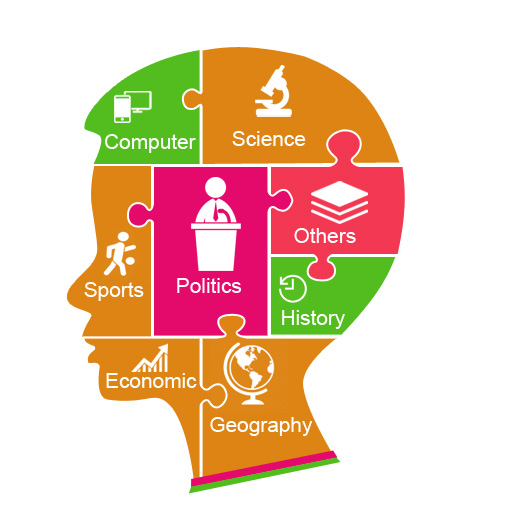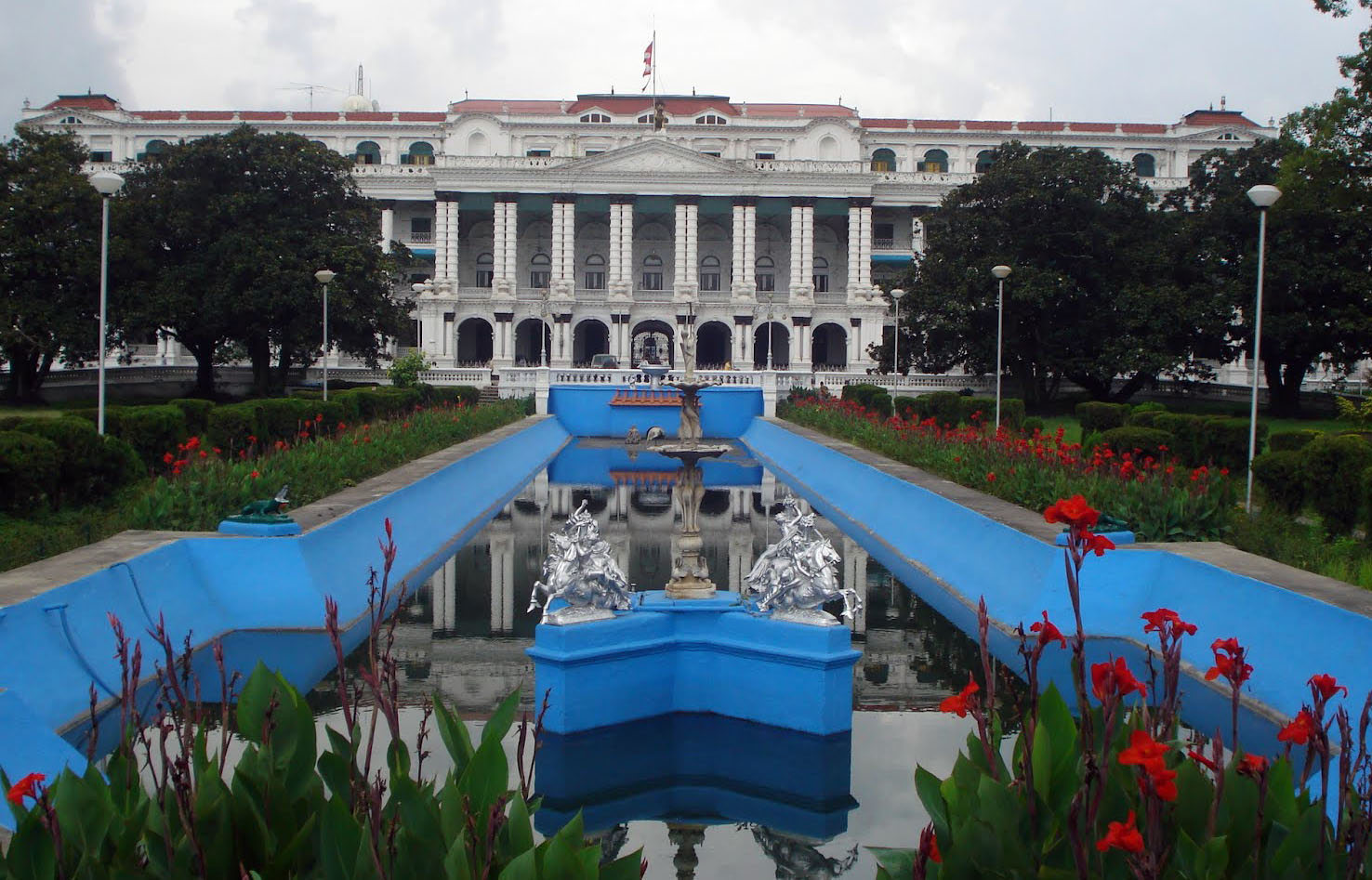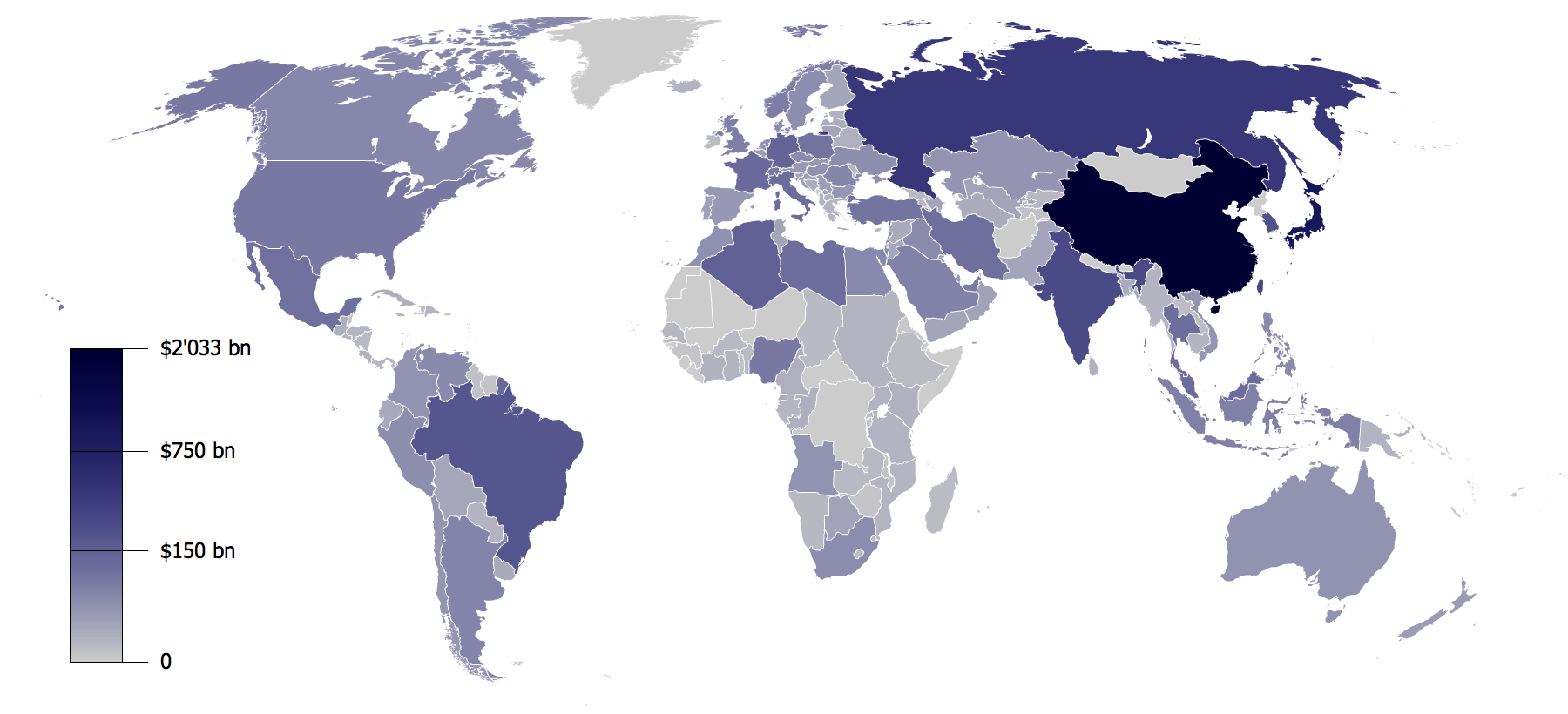Modern concept of governance means the selection of representatives from the people via democratic process of election and rule the people by following certain set of predefined rules and laws. Governance means work on the concern of the people and state’s development.
Aspect of governance
- Regulate: Governance means establishing the rule of law. It means controlling illegal and criminal activities and establish a peaceful working state. Governance works to generate revenue, import, security etc.
- Management: Governance means managing economic, physical and human aspects of a state. It concerns with protecting state’s assets like natural resources, cultural heritage etc.
- Public mobilization: Encourage public in activities like development, increase their interest on state’s activities like policy making.
- Service delivery: Governance also means delivering services smoothly and without any delay.
- 1628 – Declaration of Rights – British Parliament
- A.V. Dicey promoted Rule of law
- 1787 – US constitution established democratic system.
- Separation of power is a strong concept where legislative works on formulating new laws for smooth running of the state, executive branch will work implement such laws working within the boundary whereas Judiciary is there to interpret such law and fix punishment who didn’t follow them.
- In mordern context the work of legislative has turned into some minor executive function like listening to public grievances, conduct developmental work, work of public welfare, help executive branch via counseling etc.
- Judiciary also works in helping the legislative by suggesting possible law and amendments of existing law.
- Good governance is promoted via happiness of the people.
Characteristics of governance
- Citizen’s supremacy – citizen at center and they have supreme power
- Representative system – power given to representative by citizen via election
- Rule of law – governance via rule of law; no one is above law
- Regulatory power – power to regulate so that peace and security can be maintained
- Citizen’s importance – Rule by majority but respected position for minority
- Separation of power and balance of power – every branch has its own poser and limitations. They can bring other branch to right track if derailed. It helps to prevent anarchy.
- Establishment of civil rights – fundamental rights and human rights protection and promotion.
- Multilateral relation – Governance should relate with private sector, social sector, international organization, neighbors etc.
- Vision – Governance should have a vision and destination. A vision to change the political, economic, social, cultural and scientific aspect of a state. A program and policy to achieve these changes falls under vision.










found it very useful for the preparation of section officer….Thanks a lot !!!
plz post in nepali language also…
Hello krishna Ji thank you for your suggestion. At this point we are working on English language only. We will be working on Nepali language as well.
Sir your work is appreciated. its helping alot but i guess its not complete. If you could provide full fledged note in english and also pdf we will b highly obliged. Or you can just provide old question answer. Thank you
This in the only material in English I found for loksewa preparation. It is very useful for those who prefer to read in English. Thank you very much
Thanks the whole mcq team for providing such useful note for preparation. Please upload about public service & management and Resouce management & plan
hello dear sir, will you plz provide me the English book of governance system and cotemporary issues that you had posted here ??
with regards
suben
thanks a lot
Thank u so much! Guys u have done a so much perfect nice work..
Nice writing
give me other fruitful solution of psc…
can you name any good book for governance system and contemporary issues please.
the book must be in english.
Best soluation for PSC preparation
english book vandinus na officer lai.
its very fruitful…